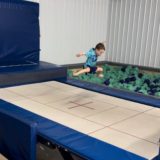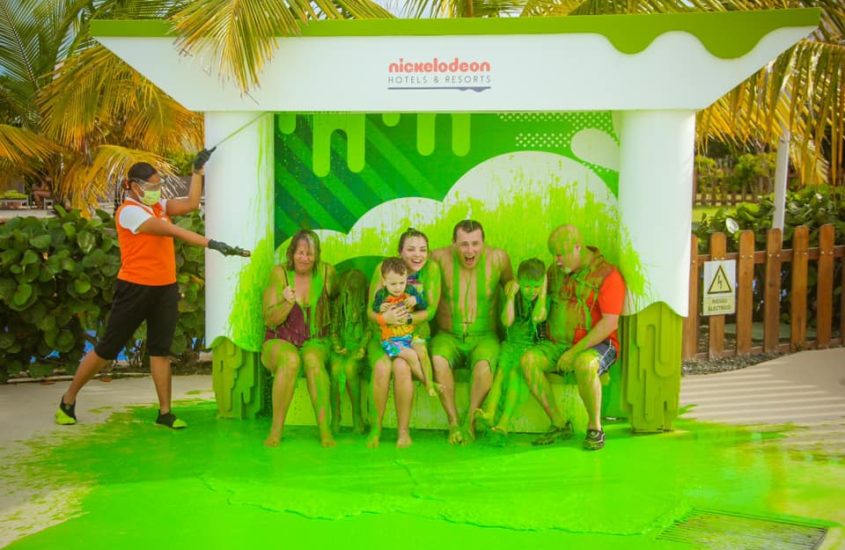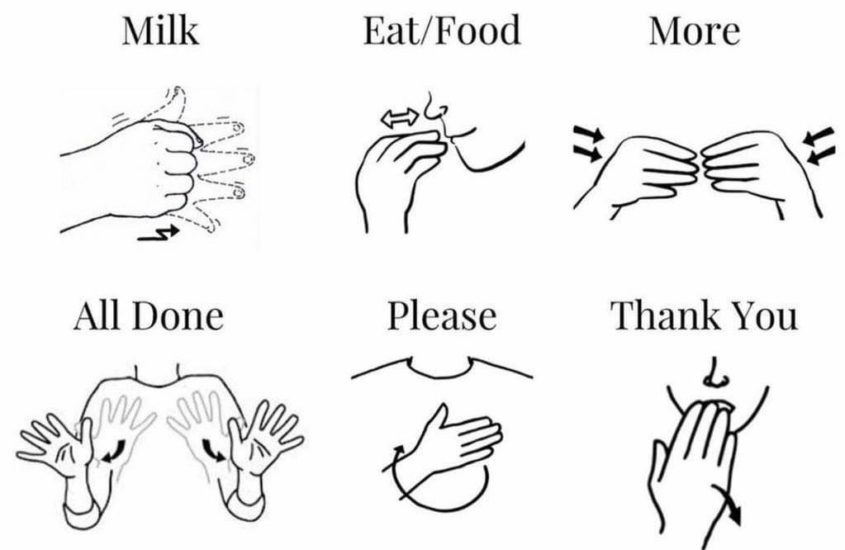My child is diagnosed, now what?

Last week we took a step back to the beginning of realizing that our child was autistic (click here to read). But as I said then, even though getting to a diagnosis can feel like a task of its own, it is really just the start of things for your family. So, your child is officially diagnosed with autism. Now what?
I remember leaving the doctors office with the same sentiment myself. I was a mixed bucket of emotions coming out of that appointment for Damion, most of them pretty rough. But, once the acceptance of everything set in and I started to get a handle on everything, I wanted to do more. More to help him, more to push him, more to set him up for his future. The problem is, they didn’t really provide me with anything additional.
I thought that upon leaving the developmental pediatrician, they would give me a guide, or at least a list of things that I should be doing. But the truth is when I left, I didn’t get much of anything at all. I walked out the door with a diagnosis for my son, and no instructions on what to do next, just a “we will see you back in six months”. I guess the vision that I had of what happened after a diagnosis would have been more involved. What good was it to give me a diagnosis, if you didn’t tell me what to do to help him from there?
I already had started working with our county board of developmental disabilities, we were already enrolled in play project, we had already begun a speech therapy of sorts. They were aware of these things in our appointment, so maybe that is why more advice was not given out. Maybe those are the only things they recommend? This was 6 years ago, so maybe things are different now? Or maybe they are not. I do think it is a big gap in the process overall that we basically have a system set up to drop a bomb on you and then let you head out the door to figure it out yourself from there.
Trying to figure out where to go next was not always easy and can be time consuming to say the least. Knowing that I am likely not the only person leaving the appointment feeling a bit lost, I wanted to give out a list of areas that we have tried since then that could be beneficial places to start and hopefully give you a good idea of where to go from here:
- County Board of Developmental Disabilities
If you are not hooked up with them already, give them a call. They have some services that they provide themselves and they will also act as a guide for you to get to other services. If you are already in touch, you will likely what to send them the diagnosis paperwork so that they have that on file as well. A formal autism diagnosis may qualify you for additional options such as some additional funds and access to things like the autism scholarship if you decided that public school was not a good fit for your child.
- Play Project
This is a service offered through my county board, but unfortunately, I do not believe that it is offered through all county boards universally. But don’t fret, you can seek it out separately if they do not have it. I have reviewed play project before so if you want a more in depth look at it click here. I believe to this day, that it is one of the most beneficial therapies that Damion has received.
- School and Services
I’m once again not sure if everything is universal for this everywhere, but for where I live, if my child qualified for an IEP, they were able to start receiving a free preschool service which would also give them access to therapies that they needed such as Speech and Language Pathology, Occupational Therapy, and Physical Therapy. The preschool for my kids is just offered through our actual school district, although I know that some of our neighboring counties and schools have separate schools set up for the kids that have IEPs and need those additional services. If your child is older and already enrolled in school, still reach out to them. If they need an IEP put in place you can ask to start that process. If they already have one, then they may also just wish to keep the diagnosis on file since autism is a specific category for special education services.
- ABA (Applied Behavioral Analysis)
Another therapy that you may be able to receive through your county board but can also be found privately as well. Now, personally I think that ABA is a bit overrated in the autism community (plans to talk about that more in another blog), but I do think it can be helpful in some specific areas your child may struggle with. We found that ABA services on a private basis were hard to come by around where we lived and many places had some long wait lists for the services. All the more reason to get rolling on it earlier if you are interested. Nationwide Children’s Hospital did offer an ABA parent training class that I went through and I found very helpful as well, which is a great option if you want to start utilizing the ABA process at home.
- Private Therapies
There is a whole slew of therapies that are not exclusive to those with autism, but many are highly utilized to help these kids. These would include therapies such as speech and language, occupational (also can help with sensory), physical, feeding, etc. These are the most common go-to for kids on the spectrum and because of that, generally the easiest to come by. Although many of these are also offered in a school setting, doing additional private sessions on top of what is received at school (especially in the early years) can be very beneficial. I would highly recommend not just going to any old hospital or doctor’s office for these. Instead, try finding these services through places that specialize in working with children. Believe me when I say that I know first-hand that these services can vary greatly between places, so if you are not happy with your progress at one, try another.
- Biomedical and Alternative Approaches
If you are like me, you may look for ways to help your child other than just the standard. We have tried, and continue to try things that are within this realm, and we have seen some really great progress from some of the things we have tried. There is a long list of alternatives that range as easy to access, such as taking your child to the chiropractor, to things little harder to come by, such as Hyperbaric Oxygen Chamber Therapy. Many of the things we have tried personally have been recommended or provided through a practice we highly recommend which I discussed earlier in a previous blog that you can check out here. I also plan to do a more in depth look at each item individually in later blogs, so if you are interested, stay posted!
I’m sure my list didn’t help in making you feel any less overwhelmed at this point, but hopefully you feel a bit less lost with a great deal of options to now use. Just remember that you don’t have to do everything all at once. It is a marathon, not a sprint. As I have said before, by no means do you need to wait for a diagnosis for many of these. A diagnosis can be helpful in a lot of ways and can give you less hurdles to jump, but it is not a requirement to being able to access many of these services. I hope that this helps you. I know it sure would have been nice to have back when we were at the beginning. I know it is a lot and these times aren’t easy. So just take a deep breath and know that if I can do it, you definitely can too.
It’s a Marathon, Not a Sprint





